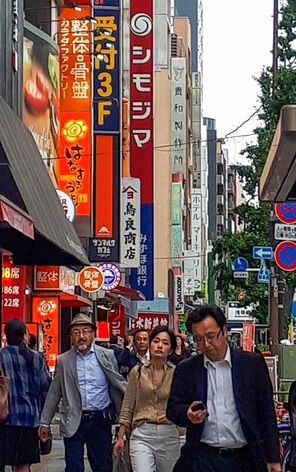 When I was in elementary school, probably grade1, I remember an assignment where we were asked to draw a city scene, draw a picture in any case. Mine was a cityscape and I had drawn a picture I was so proud of. And was devastated when the teacher returned my art work with exes through it. See I had drawn an image from a few years previous when my family had traveled to Japan and so the street signs, the building signs, I had drawn were vertical and with Japanese kana and the teacher did not recognize that as being a valid proper sign and so she had marked them as wrong. I have talked to other people who had experiences as children where teachers had marked pictures wrong because their grass was purple or their sky was orange and of course everyone knows that grass is supposed to be green and skies blue. One thing I have learned from living, from being out in the world, is that that is not exclusively true. We have narrowed our vision. Here where I'm living now, I have really been able to observe the micro seasons as they pass. I have seen the lawn go from green to yellow and then white from dandelions and then back to yellow with buttercups. And then after the buttercups purple from clovers and low lying plants with tiny tiny purple flowers. Sitting at the beach I've seen the sky transform from blue to orange to yellow. I’ve seen it purple, sometimes all of those at once. A trip to the local farm market reveals that carrots and beets come in colours ranging from red to orange to yellow to purple. Even kale comes in different shades of green and purple. And I remember one time making mashed potatoes from purple potatoes and my family thought that I had dyed them. We have narrowed our focus, creating mono cultures of ourselves and of our foods and of our environment. And I am reminded of the sayings that there are people of the book and people of the land but that Creator's first writings were the ones of the land in all of its rich diversity. When the settlers first came to North America they did not recognize, and therefore didn't see, Indigenous methods of land management, which are a co-creative process between the plants, animals, the lands, and the people who live on the lands. Braiding Sweet Grass by Robin Wall Kimmerer provides a beautiful description of this co-creative process. I think about this when I think about the Wet’suwet’en and others who defend land against so-called economic development. Economics is about household management. The way colonizers have, and continue to approach the economy in this country is to preference one group of people's household management over another. For a company to come onto land and say this is needed "for the economy" is disingenuous. The land already is an economy, one that functions in a holistic way that includes, but doesn't centralize, humans. Exploitation of land is not economic prosperity, it is a disregard for the economy that already exists. It is willful blindness to the households that currently live on and with that place. It is to say my household is more important than yours. It is a failure to see the true diversity of the world and to recognize as valid something other than our mono-economics. I am saddened for the children whose creativity was curtailed by narrow-visioned teachers. Those children who continued to draw orange skies and purple grass enrich our lives and see both the beauty and the possibility of this world. And those people who defend co-creative economics that maintains the land for all creatures and species in a way that all can thrive can teach us a better way to live. May it be so. ~ Join my Virtual Healing Circles Monday mornings at 9 a.m. and Thursday evenings at 7 p.m. pacific. Learn more at the Good Vibrations: the Energy of Resilience facebook page, check out the Healing link on this site or drop me a note by e-mail.
0 Comments
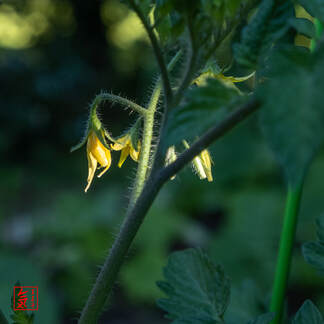 I’m out in the garden talking to Keith on the phone. Hands in the dirt, gently teasing the weeds out to get as much root as possible. This small garden has provided all sorts of abundance. Metaphors, stories, surprise at the exquisite beauty of zucchini flowers reaching out from under broad leaves to find the morning sun. Oh, and fresh peas, a taste of raspberries and anticipation for vine ripened tomatoes promised by the plethora of flowers on the vines. There is a familiarity to this, like the memory of a forgotten time. A body memory that runs deep in my being. * In an odd way the pandemic had sent me into exile in reverse. In leaving my home, I have landed back in the garden. Here, where I’ve come to live with my father-in-law, I have re-learned the beauty of dirty hands and the meditation of weeding. I grew up with backyard gardens and pretty traditional -- in the modern western concept of middle class colonial tradition -- family structure. We lived in a single family neighbourhood where most dads went to work and most moms worked at home keeping house and raising kids. Outside jobs the women held tended to be secondary to the men's jobs. Pretty much everyone had a backyard food garden. My family were not great gardeners. We spent too much time away in the summer, camping and travelling in our truck and camper. None-the-less I grew up with fresh snow peas, beans and swiss chard. In my memory those were the things that seemed to thrive. I remember that beans were so prolific we would freeze them for the winter. We snapped the stem end and pulled off any stringyness, my mom scalded them quickly in boiling water and then dumped them into a cold bath. Once patted dry in clean tea towels, we’d bundle them into serving sizes in plastic baggies for freezing. Provisions for winter. As an adult I moved away from the suburbs. My husband and I raised our son in a highrise apartment in the city. I haven't tended a garden for 40 years. Recently, reading one of many emerging articles about the body's microbiome, the author noted that one of the modern losses to our gut health is our clean, indoor environments. We no longer get exposed to beautiful soil microbes. And now with the pandemic we are also encouraged to wash our hands more than ever, use hand-wash if water and soap are not available and to wipe down our houses frequently with chemical washes. While I understand the impetus for this in this moment, I also wonder if the extra sterility ultimately will make us less naturally able to fight a virus like corona. Dirt helps boost our immune system. I wash my hands when returning from the grocery store then put them in the soil of the garden. The garden here is small and planted in raised beds. But it is enough to get the experience of dirty hands as I gently tease weeds out while chatting with my friend Keith on the phone. One of the beds was planted by the neighbours who thought it might be a project for their daughters during isolation. Truth be told I rarely see the daughters there and the tending leans toward watering. There are plenty of weeds to keep me busy while Keith and I muse about the world, our hopes and our place in those hopes, as we collectively, around the world, shift into post pandemic. 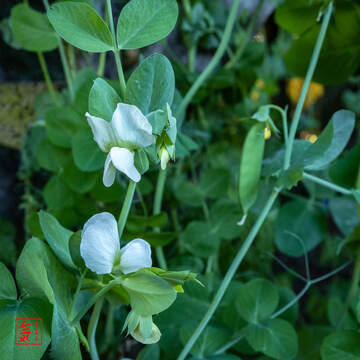 And here in the garden is where I was able to articulate my growing recognition about my role in the moment as someone called to a path of spiritual healing. It is to embrace this time of stepping into the role of caregiver, nurturer, an intimate symbol of the Feminine Divine and a role I pushed against for many years. Now, like Mother Earth, I am called to offer myself and my gifts to the world. One of the paradoxes of the path of energy healing or shamanic work, much like any spiritual work, is there comes a moment when the next step in connecting more expansively is to focus inward. I, like everyone, have wounds received from my life, family, culture and choices. This inward journey leads to deeper personal healing. And it is in this moment that I have landed here, in exile in the garden with responsibility to care for my father-in-law who, at 89 and a widow for 9 years is also experiencing the ravages of cognitive decline. There have been times when I was out in the community working for justice and finding solutions to homelessness. I helped start, and ran for many years, a large community ministry in my urban neighbourhood. Now my world has become smaller, my focus caring for this person. Suddenly I am keeping house and home in a way that I never did for my own husband and child. I was the one who worked outside the home. It was my spouse who did day-to-day child-raising and all of the laundry. Raised in the 70s, I learned that women's roles were not valued and I scorned them. Yet the work of healing is the work of nurture and here I am, given this time now to nourish my role as nurturer. I have never had a good relationship with my father-in-law. It wasn't bad, just superficial, not really a relationship in any meaningful way. He had been a distant father, wrapped in alcoholism. He's been dry for most of the time I've known him, but not healed. I recognize that this time of building something with him, offering him the care of good food and companionship, brings healing to the whole family. My call of the moment to healing the world is to begin with myself and to care for Bill. As I build a different role and relationship with him, I bring deeper healing to the whole family line forward and backward. My world, narrowed to this small suburban house, this moment, is what I need to focus myself, to bring healing to the family and our relationships and ultimately create new ripples of love that emanate out, sending that healing into the world. The garden is bringing me there. Blessed be, ~ Join my Virtual Healing Circles Monday mornings at 9 a.m. and Thursday evenings at 7 p.m. pacific. Learn more at the Good Vibrations: the Energy of Resilience facebook page, check out the Healing link on this site or drop me a note by e-mail. |
Kimiko KarpoffScattered moments 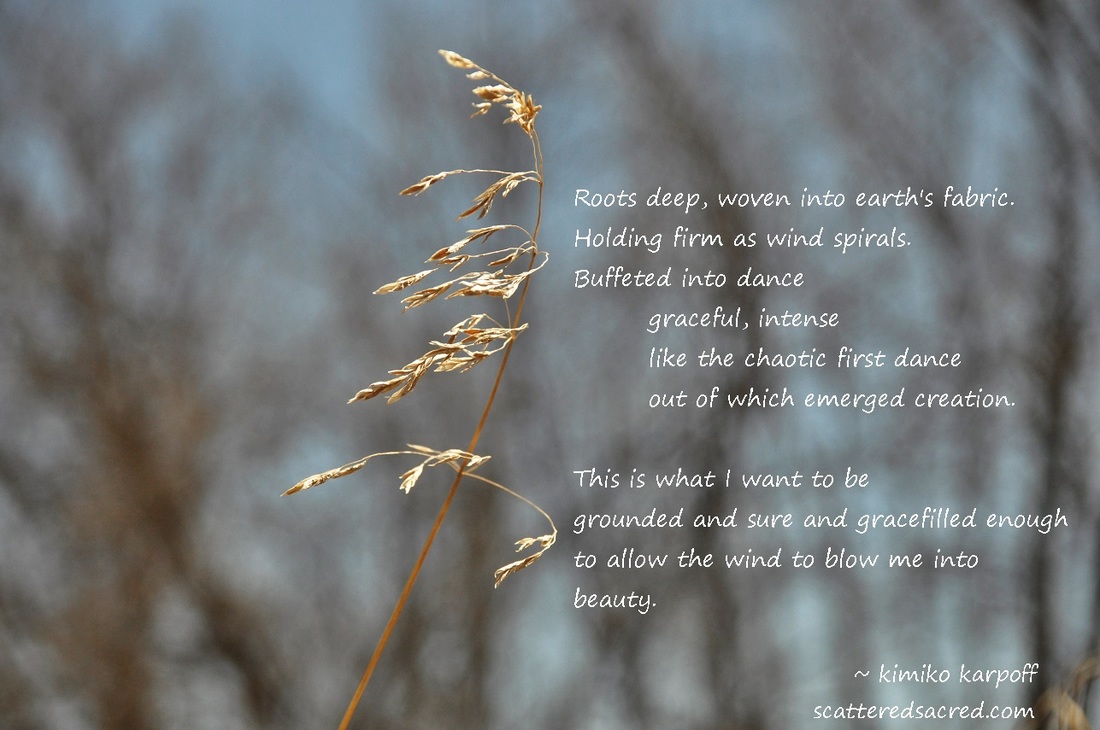
Click here to check out Kimiko's Postables
Paul's page includes photographs, stories from friends and fans, kimiko's blog posts and more.Categories
All
|
Proudly powered by Weebly

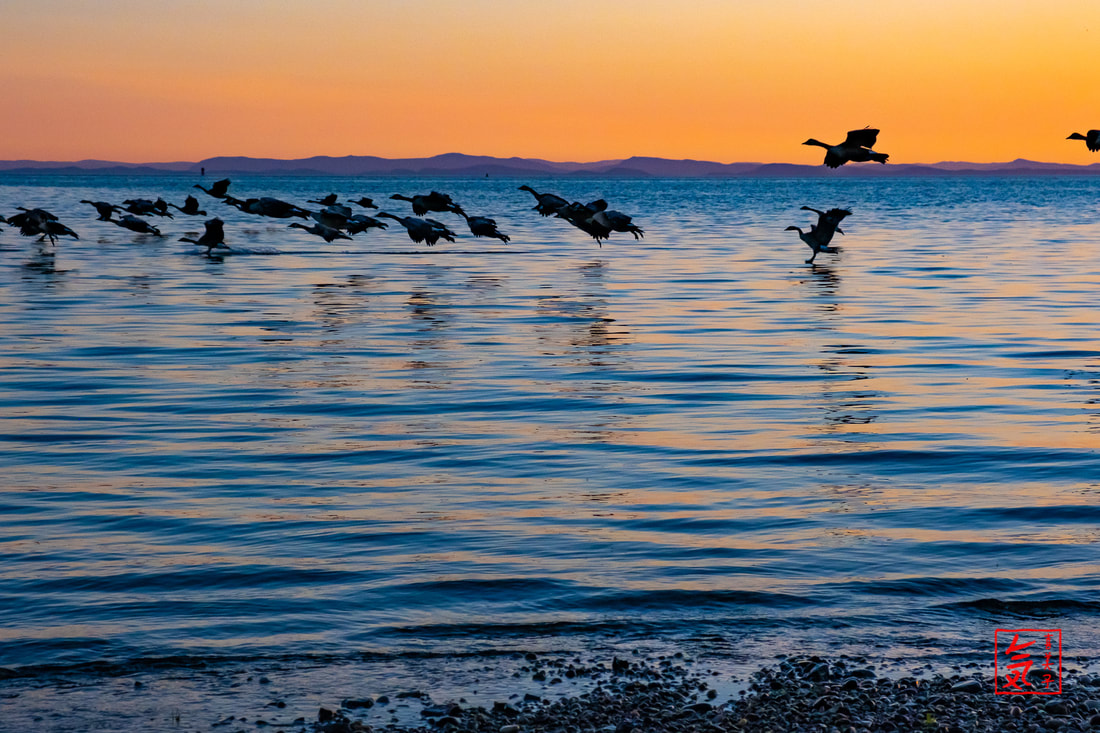
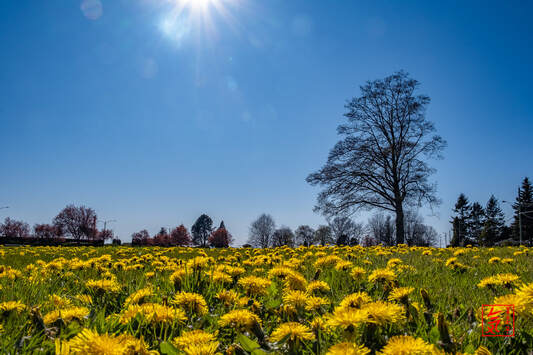
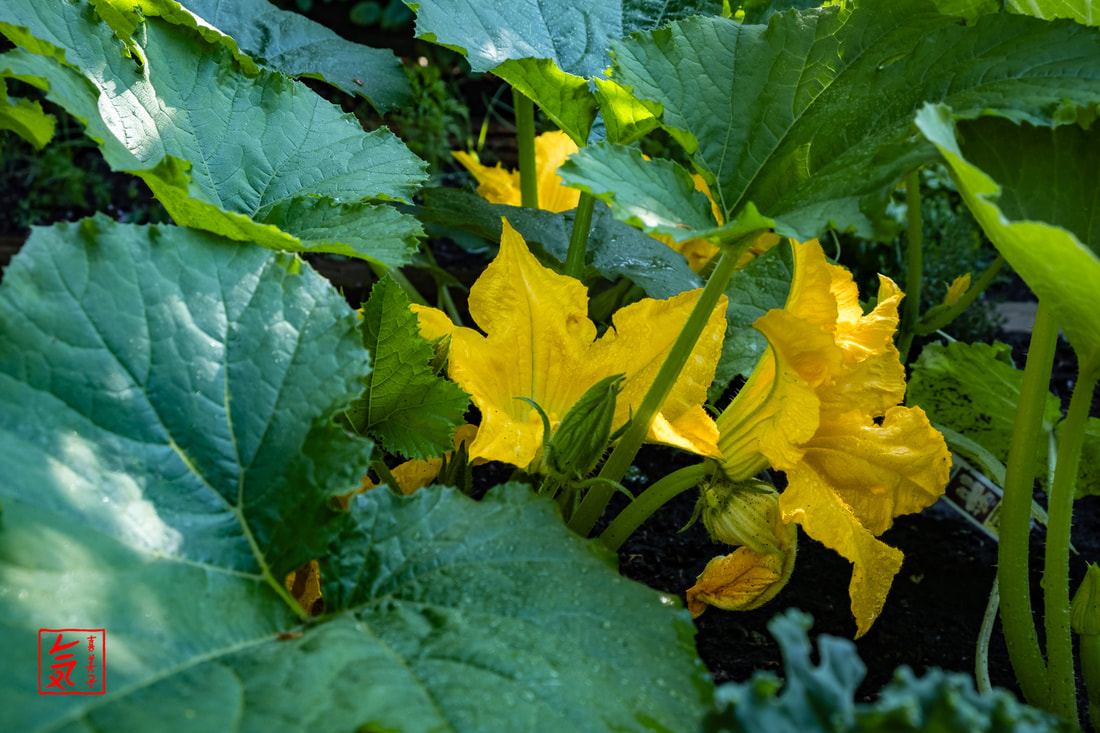
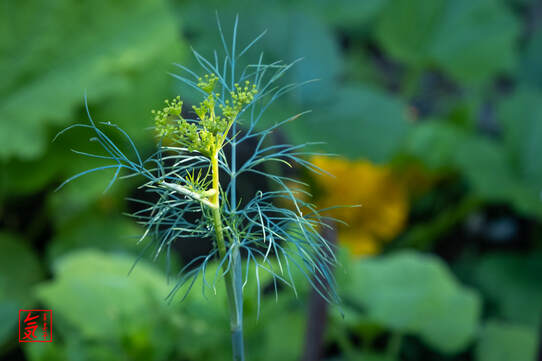
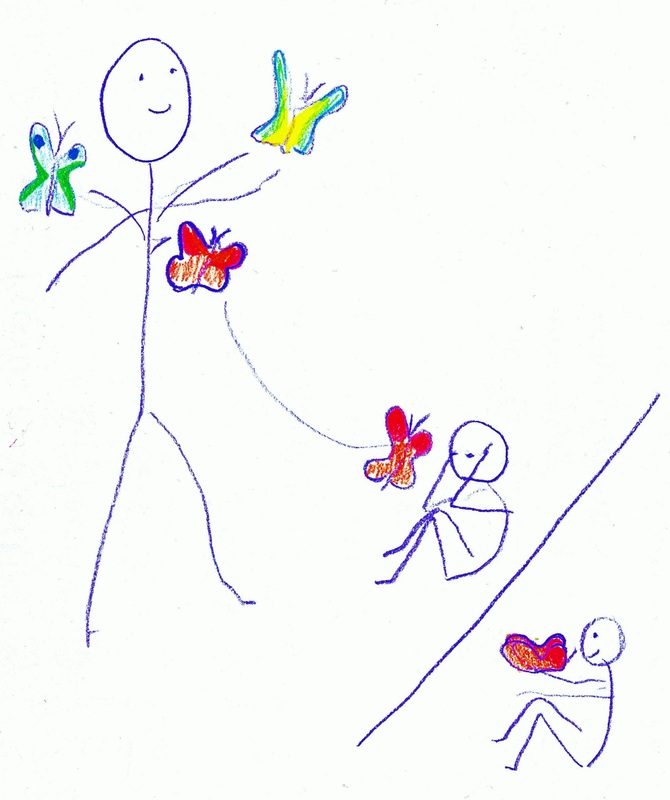
 RSS Feed
RSS Feed
